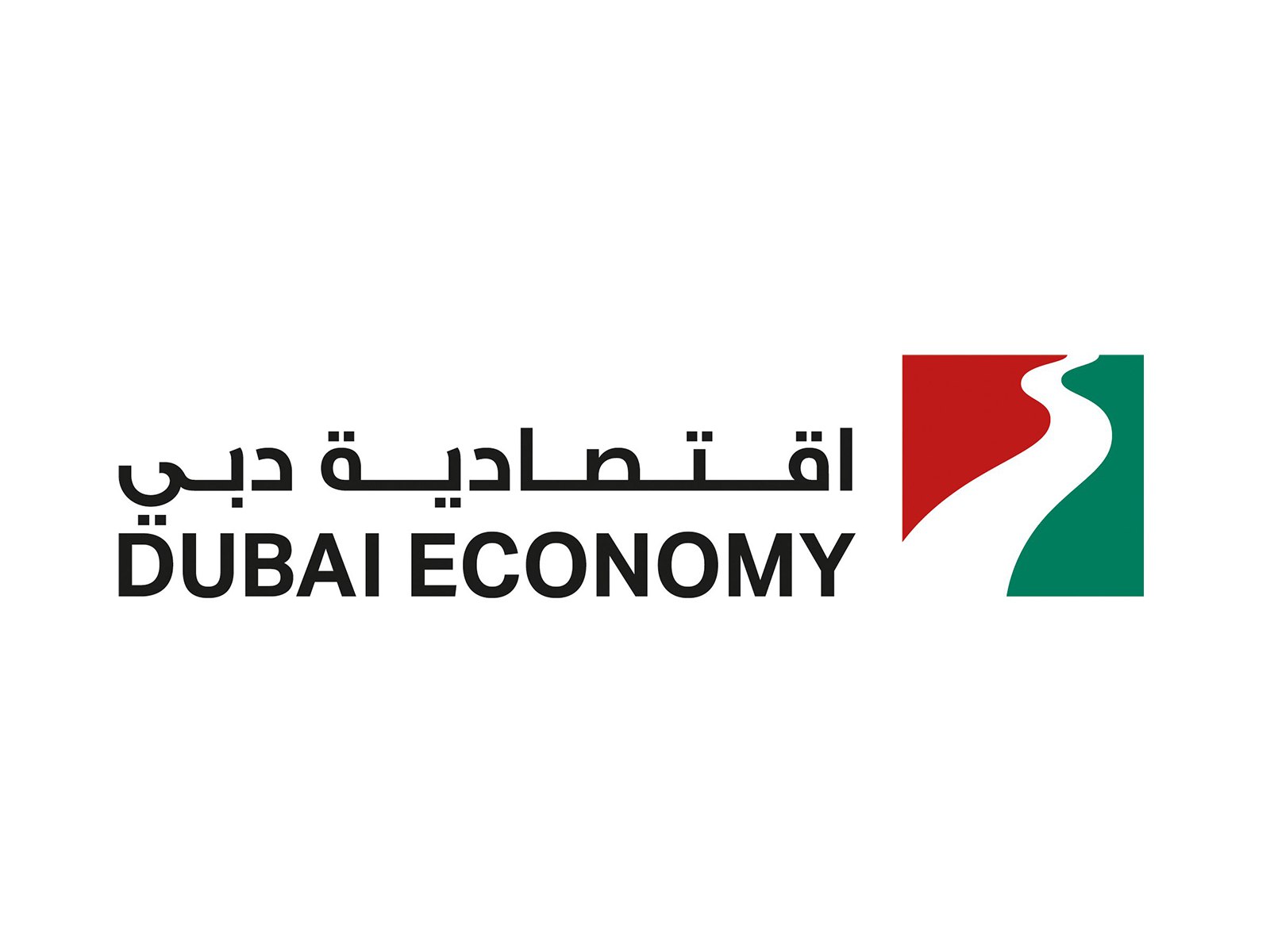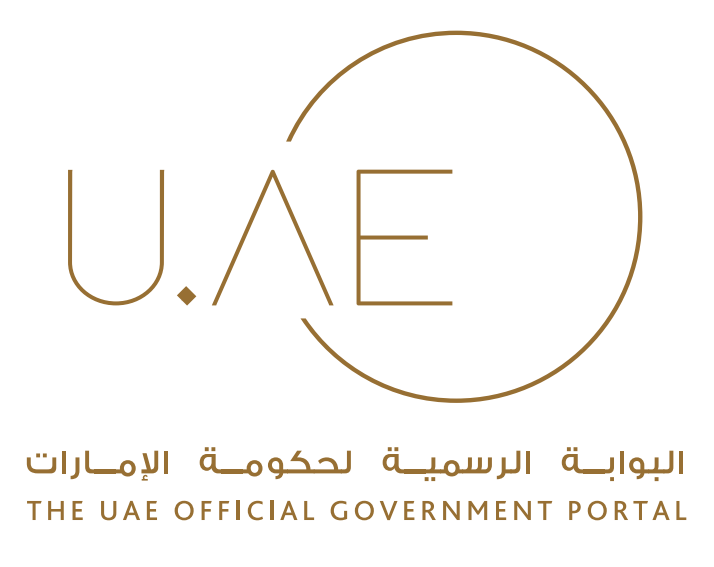Dubai Economy, in partnership with the Mohammed bin Rashid School of Government (MBRSG), has launched ‘The Great Economic Reset Programme’ as part of the efforts to reshape the emirate’s economy and reset it towards a more agile, sustainable, resilient, and inclusive post-pandemic future. The Programme will feature robust analysis of current and future policies, rigorous research and extensive stakeholder consultation to set the direction and tone of future economic policies, regulations and initiatives.
Part of a ‘CovExit’ (COVID Exit) initiative for promoting collaborative action to navigate recovery and reshape the next normal economy, ‘The Great Economic Reset Programme’ will harness the collective knowledge of local and international experts to enhance awareness of the disruptions caused by the pandemic and propose solutions for economies and societies to adapt growth strategies to the next normal.
The Programme is in line with the directive of His Highness Sheikh Mohammed Bin Rashid Al Maktoum, Vice President and Prime Minister of the UAE and Ruler of Dubai, for governments to think beyond coronavirus and move to the next normal, collaborating with local, regional and international experts to preserve the gains made by the UAE, refuel the economy and ensure continued prosperity for citizens and residents.
As a first step, experts and thought leaders from different parts of the world are being brought together in a ‘Virtual Policy Council,’ an engagement platform run by MBRSG, to discuss the enduring impacts of COVID-19 on different facets of the economy and potential policy responses and initiatives. The first roundtable of the Council was held as an invitation-only forum where distinguished global experts shared their assessment of the mega-disruptions of the pandemic on the future of globalisation, the future of education and the future of work.
Chief economists, senior practitioners and researchers from leading global institutions including the World Bank, the Organisation for Economic Co-operation and Development (OECD), the United Nations International Labour Organization (ILO), the Development Bank of Latin America (CAF), Harvard Kennedy School, Cornell University, INSEAD, Brookings Institution, the Economist Intelligence Unit (EIU), EY, European Schoolnet (EUN), The Edtech Hub, and Nasser Saidi & Associates joined with experts from Dubai Economy and the Mohammed Bin Rashid School of Government at the first roundtable.
“I believe the triple helix collaboration between public, private and academia stakeholders have always produced the best solutions in the past. In the highly uncertain environment now, extensive collaboration and cooperation between all stakeholders are vital to our future prosperity. The Virtual Policy Council will propose the best approaches Dubai and the UAE can adopt to address the risks and opportunities in the next normal economy,” said Mohammed Shael Al Saadi, CEO of the Corporate Strategic Affairs sector in Dubai Economy.
Al Saadi added that Virtual Global Policy Council series will not limit itself to post-pandemic solutions but continue to provide networking opportunities for potential collaborations on enabling Dubai to face the ‘now, next and beyond COVID-19’ with confidence.
"The Mohammed Bin Rashid School of Government is delighted to partner with Dubai Economy on this important project to enhance the vitality of our economy with sound evidence-based policy solutions. This virtual policy council is a key component of the whole process where global experts and thinkers share their views on future economy. We thank them for their generosity in terms of time and input. In this new era, the role of governments in enabling the new economic actors is becoming increasingly central, and Dubai is well positioned to lead the way with innovative models of growth post COVID19,” said Professor Raed Awamleh, Dean, Mohammed bin Rashid School of Government.
The roundtable helped to enhance common understanding and enrich shared knowledge on the disruptions caused by the pandemic from a variety of perspectives. The globalisation debate analysed the impact on international trade, protectionist sentiment, global value chains, foreign direct investment (FDI, and tourism, and the rise of digital globalisation.
Education experts discussed the shift to distance learning, opportunities for fundamental transformation in how young people learn, the evolving role of educators, and the need for changes in what young people are taught to prepare for future work and citizenship.
Future of work experts discussed the shift to remote working, the rise of the gig economy and flexible working, and the skills required in post-COVID labour markets. The insights will serve as an input for identifying priority policy areas for research and exploration in subsequent Virtual Policy Council sessions with local and federal regulators, policy-makers and the business community.









 For an optimal experience please
For an optimal experience please